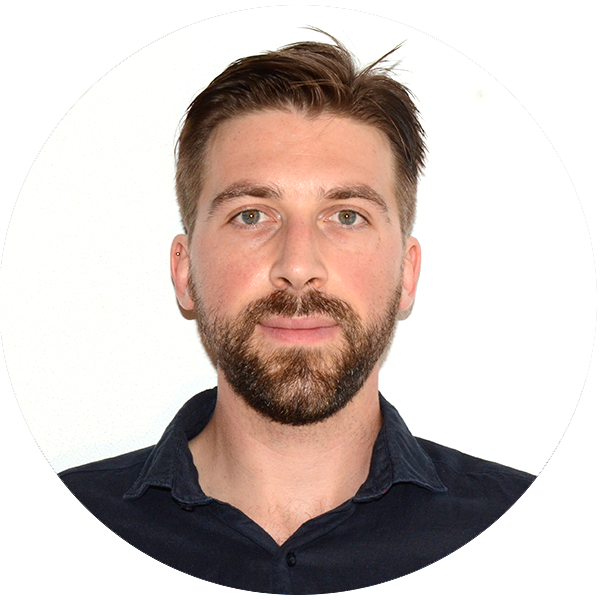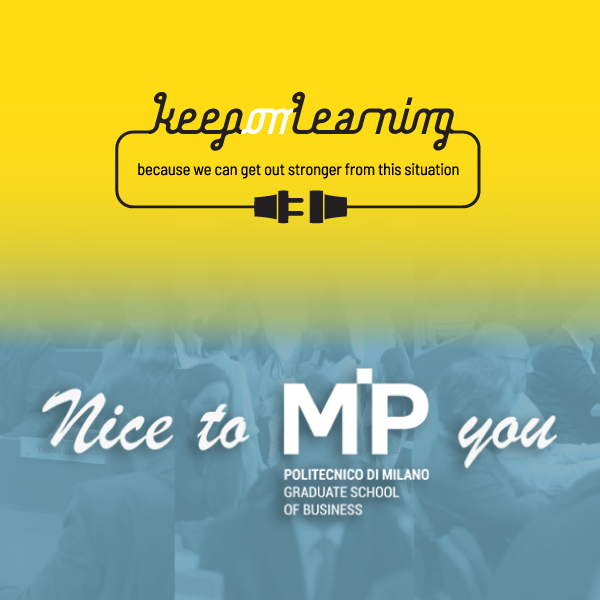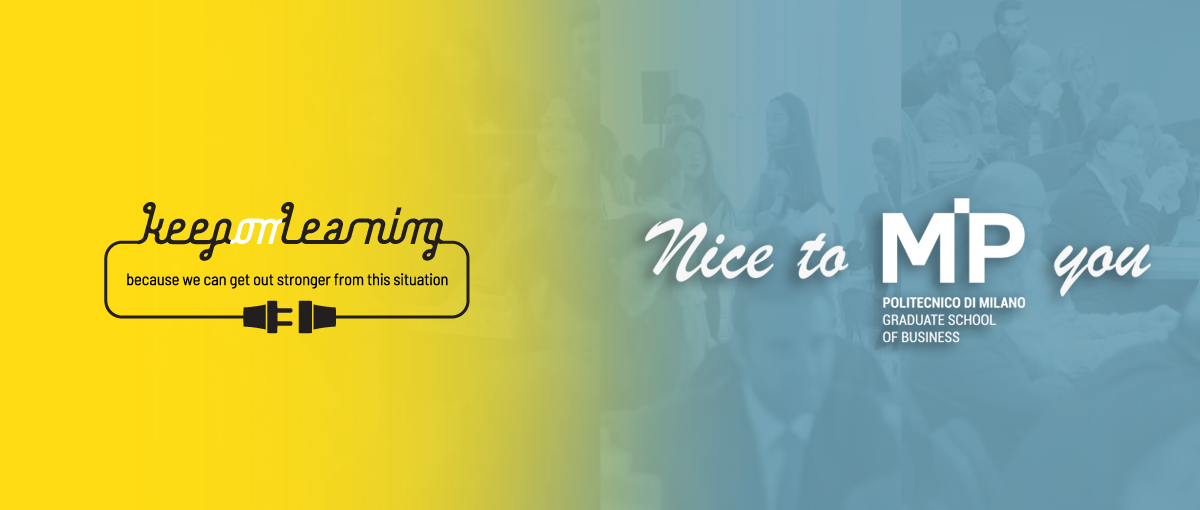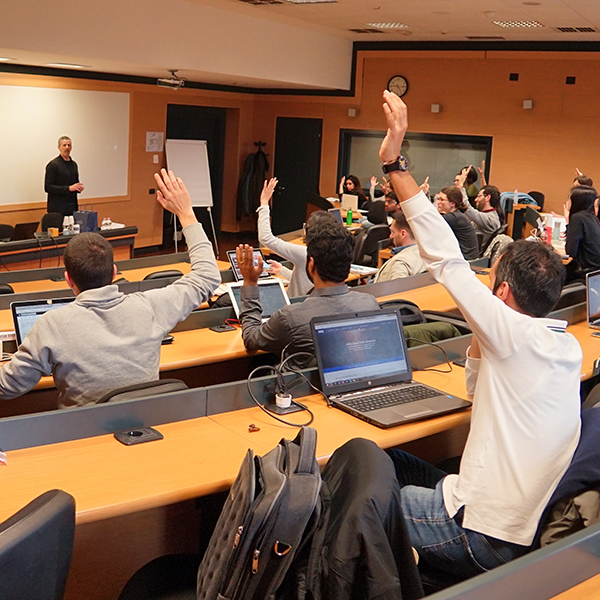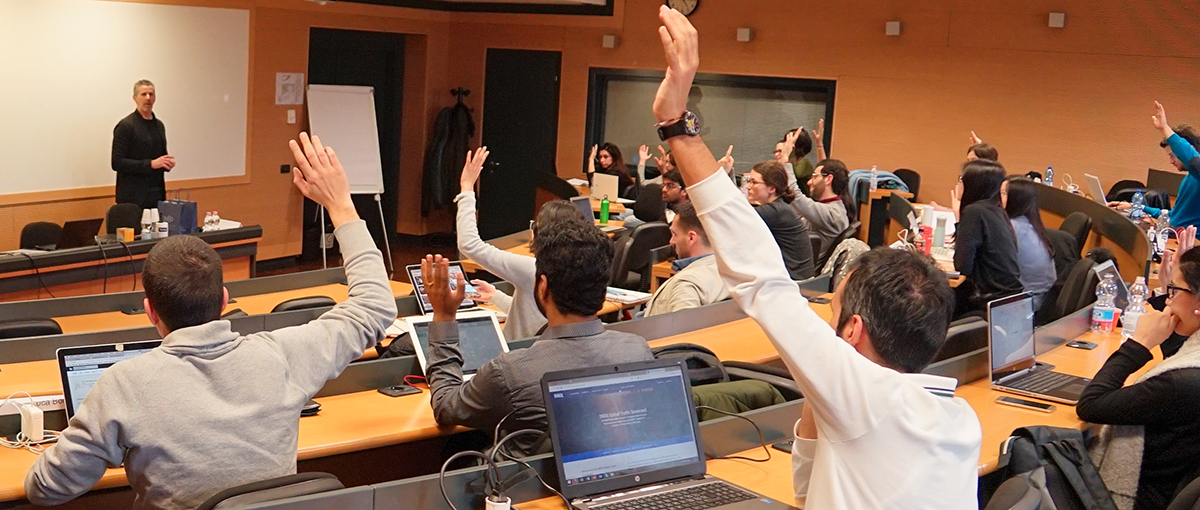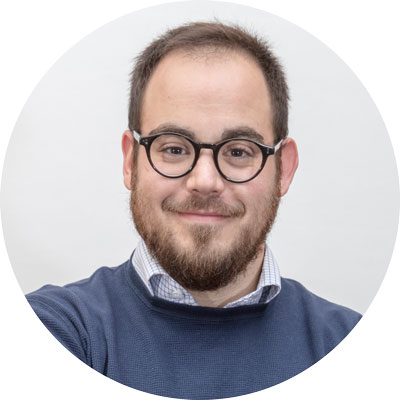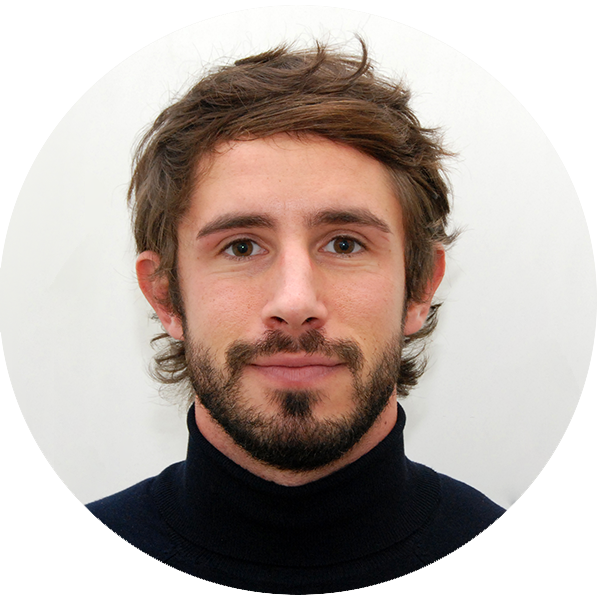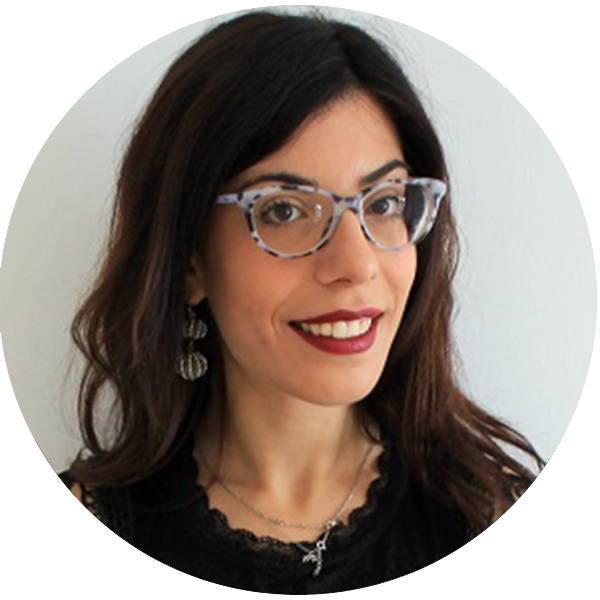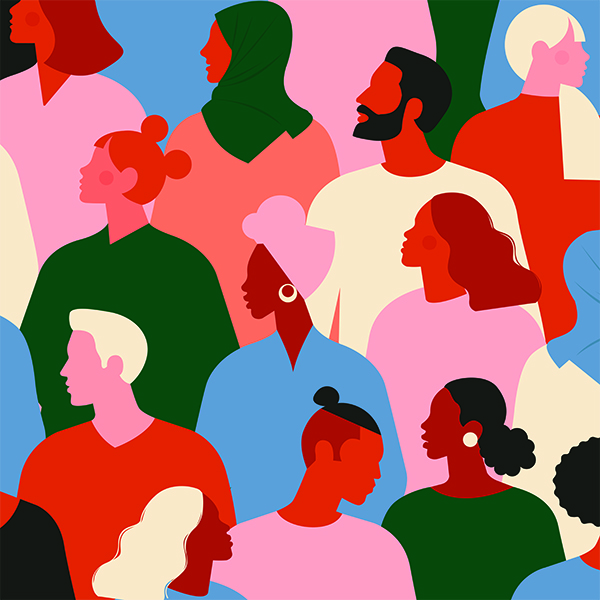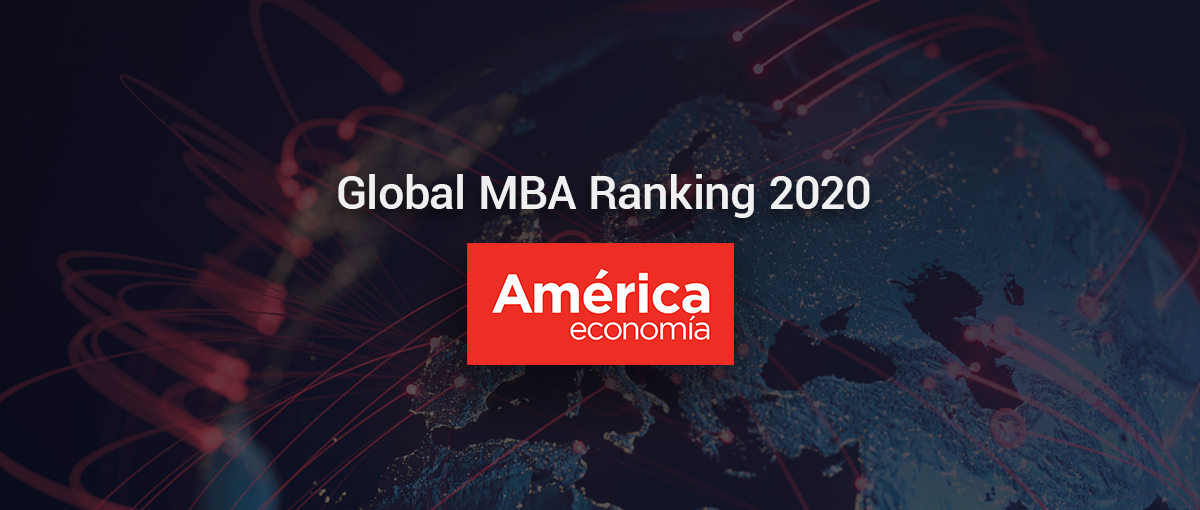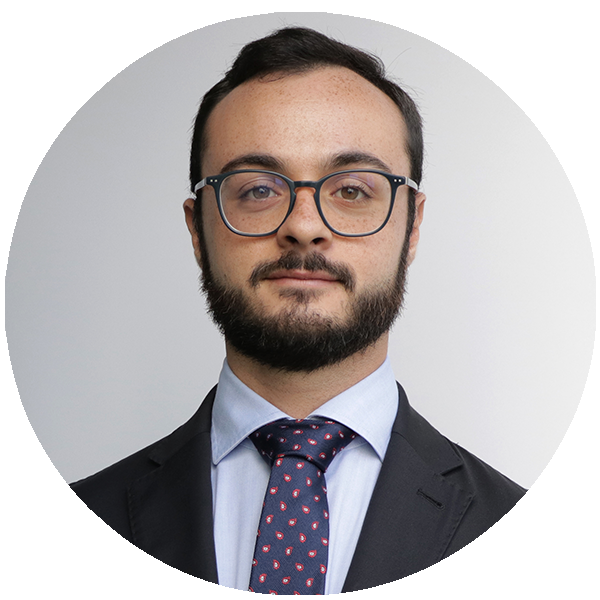
The longer the time I spend with my Part-Time MBA fellows, the more surprised I am by the mutual enrichment we get from our different working backgrounds and personal lives: we get involved as a whole person, and this goes beyond our differences.
The benefits for students on an MBA program, along with the hard skills developed during the courses, include the opportunity to work in a team and cooperate proactively to achieve the common goal of finding an effective and original solution to challenging assignments. This is anything but easy: emphasising our creativity, we produce a bucketload of different ideas and everyone tries to persuade the others to follow his or her line. In the end, a fine emotional intelligence is key to understanding when it’s time to find a shared thought, agree upon an idea and lead the road towards the target.
In a few words, enrolling in an MBA program offers a great arena for training soft skills.
In general, soft skills indicate all the transversal competences that are not directly connected to a specific task; they mainly refer to the relationships with other people involved in the organization and the personal attitude to dealing with a task.
Hard skills, on the other hand, concern the ability to do a specific task, require specialized knowledge and technical abilities: they’re easily measurable and they are usually very specific to a role in an organization.
Time and effort dedicated to the development of soft skills is thus an investment for the future development of each person’s career; as the need for specific skills can pass by with the development of new technologies, the attitude to rapidly approaching new, upcoming technologies and coping with disrupting changes will remain.
And these two competencies, learning agility and adaptability, are indeed soft skills.
In the complex labour market in the era of disruptive change, while hard skills must be continuously improved as the necessary enablers to access the game and hold one’s position, soft skills give the opportunity to move wisely and nurture a positive environment that is the key to achieving both one’s personal goals and those of the team.
Moreover, in a time of fast transformations that lead to the development of cross-industry teams and abilities, soft skills represent a business card that is valuable in multiple different environments.
In a multi-disciplinary team the ability to communicate effectively, listen carefully and delegate are key elements for success. And guess what? These are soft skills.
In our path as MIP students, we are offered boot camps, seminars and courses to improve our soft skills: the leadership class at EADA was a great opportunity to reflect on personal attitudes and the different ways to be a leader, shaping our way with the four pillars of authentic leadership.
Seminars offer us the opportunity to dig into ourselves and develop self-awareness, maturing a consciousness of our strengths and dealing with our weaknesses: we don’t get to choose our warts, but we must be able to transform them into opportunities for growth.
As Part-Time students, moreover, we have the chance to put into place the soft skills training both at work and with our MBA colleagues, in very different contexts with bosses, subordinates and peers.
But the downside is that we have pressure coming from both sides and we have to struggle with tight time schedules to balance work and study. Guess what? Again, soft skills are required here.
About the author
|
|
Fabrizio Liponi
My name is Fabrizio and I work as a tunnel engineer in the construction of Underground Line 4 of Milan. Born, raised, studied, living and working in Milan: I love my city and I’m proud to take part in building its future. Travel addicted, I love to meet people and different cultures. |

